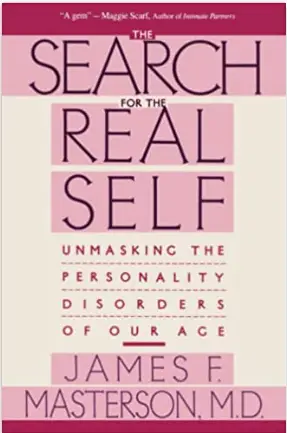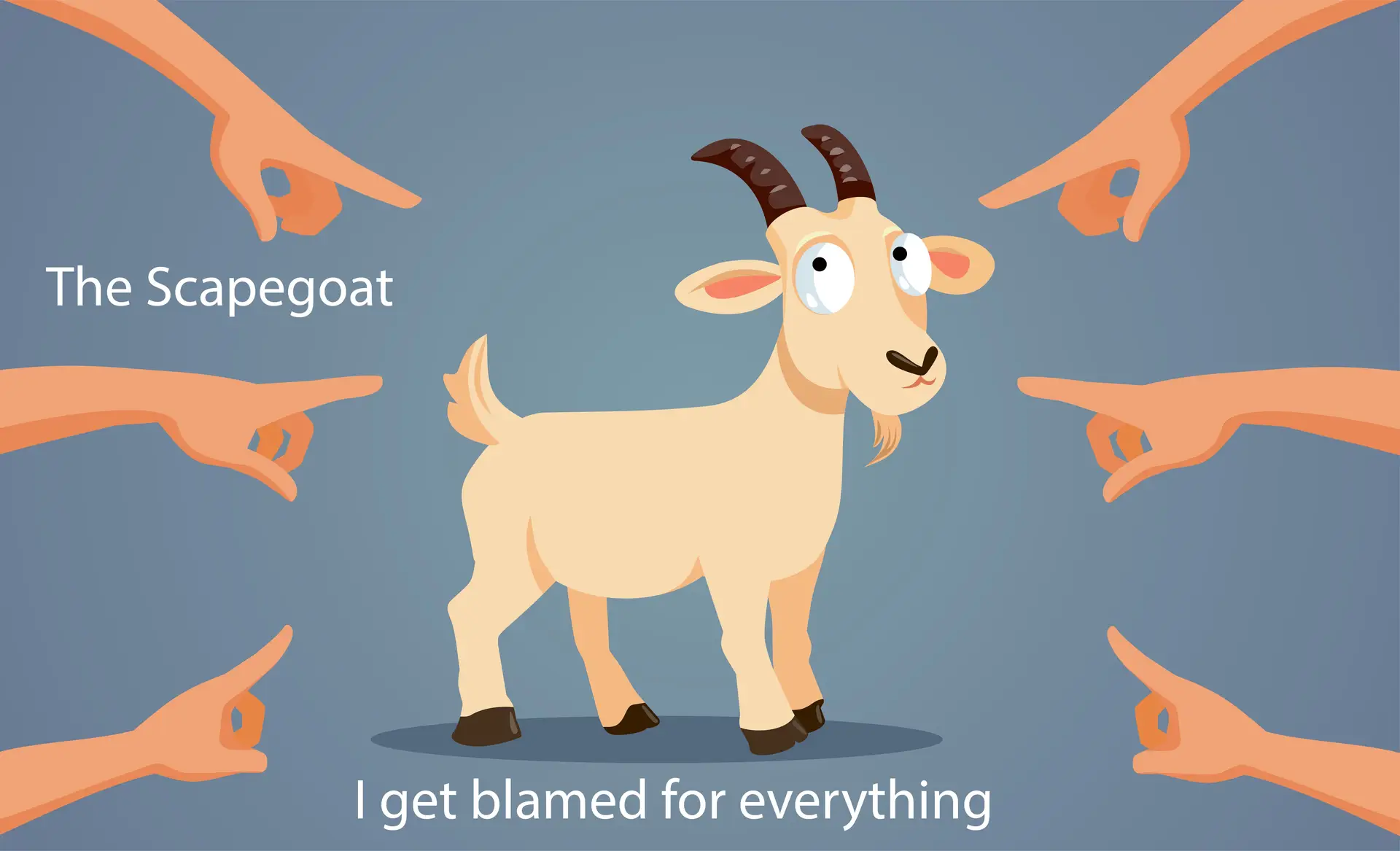The Adapted Self
Many children of narcissists may not be aware that they are usually in the service of others and do not really do anything just for themselves or consider their wants and needs to be important.
If they do something for themselves or if they do not do something which other people want them to do, they may feel an overwhelming sense of guilt.
Children of narcissists become an adapted version of themselves, as they try to become what their narcissistic parent wants, as children need love and acceptance – it also minimises the conflict, to an extent, and protects the individual from the feelings of abandonment, rejection and the fear of falling apart. Their real self, which was never approved of or accepted becomes suppressed.
Disapproval was strongly expressed by the parent through anger or rejection when the child tried to become their real authentic and independent self. The child was rewarded for being submissive, clingy and obedient and being what the parent wanted the child to be.
The adapted self is a complex system of defences, and we present it to the world and to ourselves as the ‘real’ us.
Guilt is one of the emotions which keeps this in place.
Guilt as a Defence
James F. Masterson was an American Psychiatrist who specialised in narcissistic and borderline personality disorder. He wrote an excellent book for the layman entitled: The Search for the Real Self- Unmasking the Personality Disorders of our Age, where he writes about this crippling sense of guilt.
“Guilt is the ‘fifth column’
(of 6 – the others being Depression, Panic, Rage, Helplessness and Emptiness)
behind the patient’s front line of defences. The…Guilt is not the ‘reasonable’ guilt that a person feels when he genuinely does something that he believes is wrong – guilt that is appropriate for an injury or harm caused to another. Appropriate guilt for the right reasons and in the right degree oils the wheels of society and keeps us civilised.
(This)…guilt is another matter. It is fed by the guilt we internalise in early childhood from the disapproval expressed by the mother for self-actualisation or individuation (terms for discovering, asserting and becoming our unique selves). It is then reinforced later in childhood and in adolescence.
Even after striking out on our own, a strong reprimanding voice, fixed in the psyche, reminiscent of parents, teachers and authority figures from the past can echo down the corridors of time in our daily lives when we entertain those special thoughts and wishes we know would, in the past, elicit disapproval.
The real self’s genuine urges, however- starting a new career, beginning a relationship with someone, moving out of town, spending an evening away from the family, spending a little extra money on a new hobby or pastime – should not produce guilt feelings.
When the false self is solidly in control, those harmless, natural desires for self-expression can trigger the voice of warning, the rebukes, the disapproval we have kept locked in our psyches over the years.
In people who have a strong sense of their real selves, such undertakings do not provoke guilt…. for people with an impaired real self, however, the guilt produced by this warning can be as paralysing as it was when they were five years old. They feel guilty about that part of themselves that wants to individuate.”
James F. Masterson, The Search for the Real Self – Unmasking the Personality Disorders of our Age, page 68
Avoiding Feeling Guilty
The adapted self may cling to someone to take care of it as a strategy (this could be their parent or a parent substitute such as a partner) to avoid feeling guilty and many children of narcissists will assume that passive role. They may feel they need to be told what to do in some way as having opinions, making decisions or trying to find their own way in life feels too threatening.
The natural desire for self-expression (of the real self) triggers the defence of feeling guilty and then those natural desires of the real self are suppressed.










This Post Has 6 Comments
Thanks for the video and Post, the information is spot on and really helps.
Hi Linda,
Thank you. I am really glad this site helps. Take care.
Thank you so much, incredibly helpful and validating.
Thank you.
Thank you a lot for this article!! It helped me. I am recoverying from anorexia but coping with the gilt my parents insisted in my head when I eat more then minimum is the hardest part for me. Any ideas how to battle this voice after I have eaten?
Hi Olivia,
I am glad this article was helpful.
Recovery is complex – maybe reading this article (a slide show) will be helpful?
https://childrenofnarcissists.org.uk/the-healing-process/
This article is written about narcissistic abuse but parts of it may be helpful.
https://childrenofnarcissists.org.uk/healing-from-narcissistic-abuse/
Self-awareness and understanding why we do what we do are key.